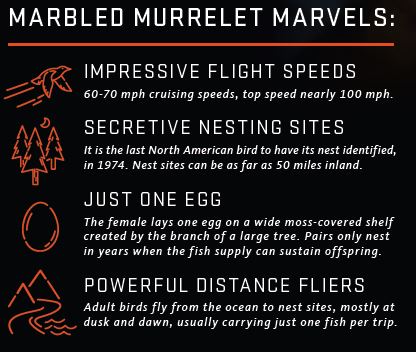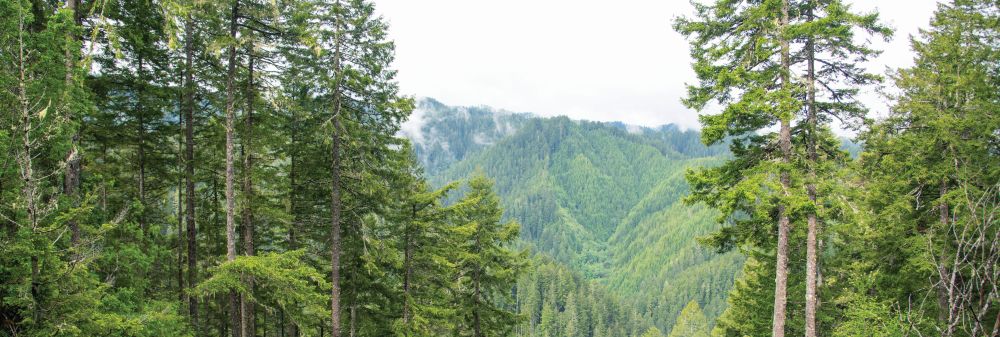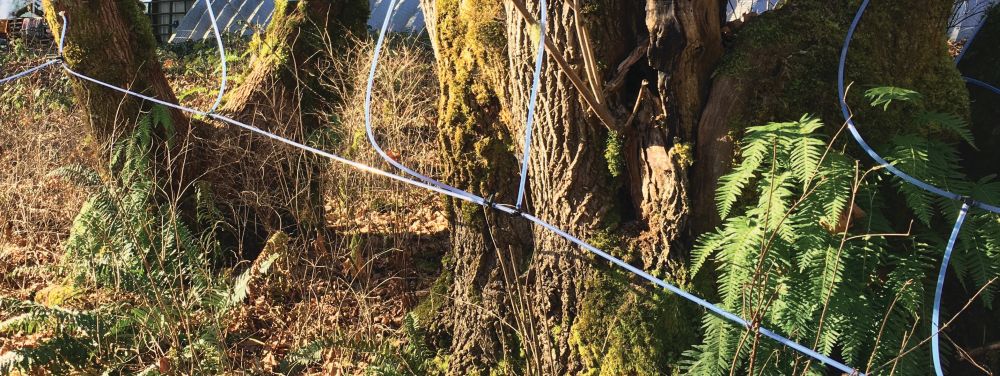
Major & specialization area:
I will wrap up my undergraduate career with a degree in Natural Resources (Honors Bachelor of Science) and a specialization in Marine and Freshwater Conservation. I designed this Marine and Freshwater Conservation specialization because of my interests in wetland, stream, and coastal ecosystems. The College of Forestry approved this ISO design, and since then, I have taken a diverse array of courses–learning how to solve complex coastal resource problems from protected area conservation planning to near-water forest ecosystem dynamics. In addition to the Natural Resources degree, I selected a minor in Sustainability, where I focused on sustainable development and nature-based solutions that urban centers might use to conserve critical freshwater resources for biodiversity retention.
Why did you choose your degree program/major?
After meeting with Beth Thompson and Nicole Kent at a College of Forestry open house in 2019, I signed my major declaration form with imperishable intent. Beth and Nicole met me with such open arms and kindness, and after their sharp introductions to the Natural Resources major, I knew what to do. I chose this major because I wanted to effectuate socio-political change within the disciplines of environmental management, coastal ecology, and sustainable development, especially throughout federally-governed natural areas. The College of Forestry works at the nexus of controversiality, as humans have deep interests and attachments to natural resources, which unearth a lot of animosities. Approaching environmental antagonism with open-mindedness sums up my College of Forestry experience, and each member of this interdisciplinary network has invested themselves in some position, where they undoubtedly pioneer new ways to address problems.
What’s the best experience you’ve had as a student?
I took two courses that transformed the lens that I look through regarding land and seascape management. Dr. Ashley D’Antonio’s installment of TRAL 357 (Parks and Protected Area Management) repeatedly blew my mind, as she lectured on conservation philosophies, recreation management considerations in National Parks and Wildlife Refuges, and how to address global-scale disturbances such as elevated temperatures. When you choose to take a course with Dr. D’Antonio, you will take another, and that may not make sense now, but it will after your day-one lecture. Dr. Holly Campbell teaches a series of Honors College, Public Policy, and Fisheries and Wildlife courses, most of which rely on a cardinal thesis: contemporary strategies of sustainable development. Ocean Law (FW 422) taught me how to classify and analyze tempestuous marine issues, such as clean energy harvesting, marine mammal population health, non-point chemical pollution, and mitigating sea-level rise via robust policies. Taking a course with Dr. Campbell will open your eyes to a suite of coastal and marine-related natural and energy resource issues, all of which eventually influence community livability and social capital.
What’s one thing (or piece of advice) that you would like incoming OSU students to know?
One salient piece of advice I would give to incoming Oregon State University students is to keep an open heart when it comes to academic clubs, research opportunities, and friendships. I came into the College of Forestry and Honors College with an open mind and heart, and I did not invest myself in one focal discipline, pathway, or social circle. Instead, I walked through every door with an open perspective, which allowed me to connect to multiple disciplines, friend groups, research appointments, and faculty members. Although it feels trite to say, I suggest getting involved with as much as possible at the beginning of your undergraduate career, then gradually paring down your list of appointments and activities. Enjoy OSU, these years will lead to a lot of joyousness!
What are your plans after graduation?
I will attend Yale University this Fall! I am excited to experience Southern New England, specifically New Haven, which sits on the Long Island Sound, a beautiful estuary. As an environmental management graduate student with an emphasis on urban coastal disturbance ecology, I will continue to learn about how humans, environments, and species relationships shape and structure ecosystem persistence. I plan to research coastal ecosystem disturbances, specifically in marshes, and beaches–in relation to socio-ecological systems. Using some of the research themes that I worked with in Ashley D’Antonio’s lab, revolving around recreation ecology, human disturbances, and species composition, I designed two new studies to deploy on the Southern Connecticut coastline. To the Atlantic coast, I come!
















